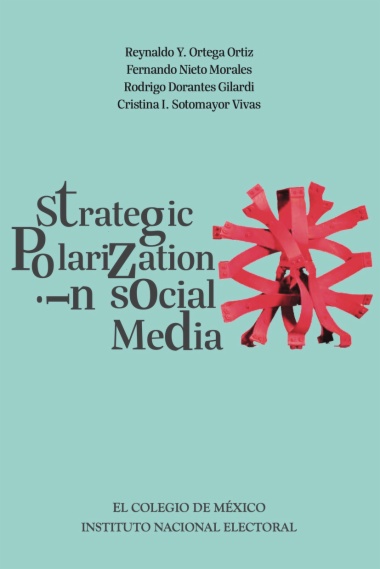

This book presents the results of a Project on political polarization in social media by researchers from El Colegio de México under the auspices of the National Electoral Institute of Mexico. Polarization is a pathological form of distancing and opposition between political alternatives. It can have adverses effects, including institutional paralysis and the abandonment of the democratic debate. It also fosters narratives that justify violations and attacks on democracy. Polarization can be expressed in different ways and in different áreas. However, social media networks ─such as Twitter─ are particularly prone to this phenomenon. This study is one of the first of its type in Mexico. Among the most important findings, we show that communities with similar political identities generate echo chambers in both electoral and non-electoral periods. Experimental evidence also indicates that polarization in social media platforms can have offline effects as it tends to reinforce political identities and mobilize Support for or against them.